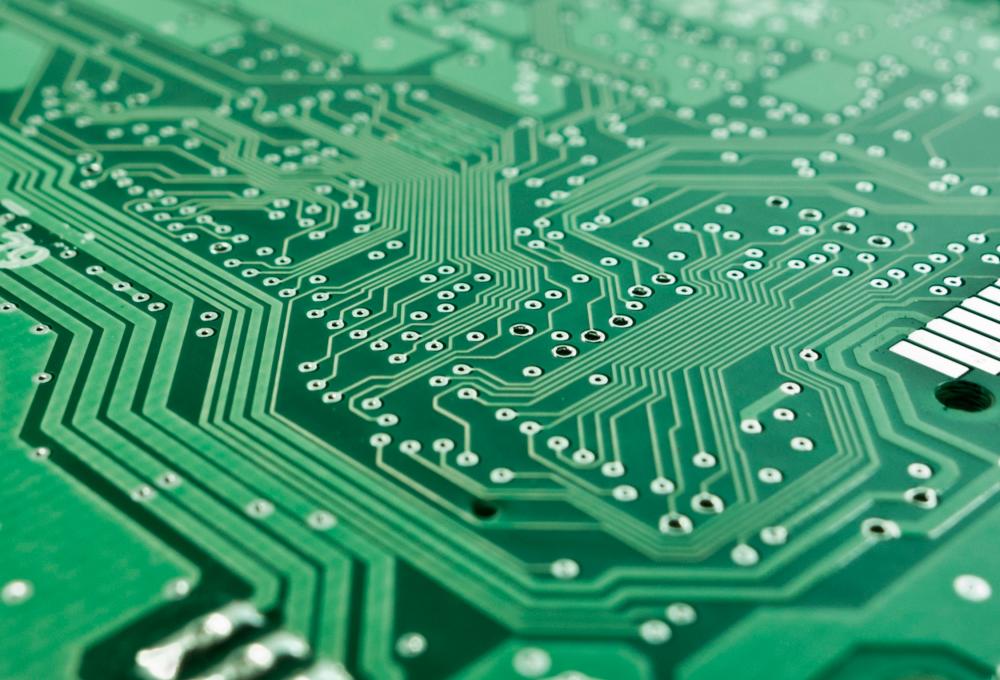PETALING JAYA: Malaysia has to quickly embrace new technologies offered by Industrial Revolution 4.0 (IR4.0) if the country is to remain competitive and not be left behind.
Favoriot Sdn Bhd chief executive officer and co-founder Dr Mazlan Abbas, who is also an adjunct professor at University Technology Malaysia, said the emergence of all new technologies will significantly impact the way people work and play.
He said businesses and organisations that are agile and take the risk of embracing IR4.0 will lead the pack, while others will struggle to compete with old and obsolete tools and processes.
“It is important to quickly embrace the new technologies offered by IR4.0 by identifying which business requires which technology as a solution.
“Our local technology players are ready to provide the solutions, but many businesses are still slow to adopt IR4.0.
“Malaysia started the IR4.0 journey as early as 2015 when we launched the National Internet of Things (IoT) Strategic Framework. But it was a slow start due to the lack of awareness and understanding of IoT’s impact.”
Mazlan added that the framework did not translate into actual action plans, and this slowed down the transformation journey.
“However, in 2018 when Malaysia launched the Readiness Assessment Intervention Programme and the Malaysia National Policy on Industry 4.0, it started to gain momentum. But we have still not reached the maturity level that the nation requires.”
Mazlan said several surveys were conducted to understand the readiness level of Malaysian small and medium enterprises in adopting IR 4.0, and it was discovered to be between IR2.5 and IR2.7 only.
He said between 2015-2018, the industry saw a significant talent gap because we did not realise the importance of IR4.0 technologies and their impact on businesses and our lives.
“Thus, during this phase, industry advisers played a significant role in providing advice to universities to refresh their content and ensure that it caters to the needs of the industry.”
Mazlan said almost all universities, polytechnics and colleges have now begun introducing this new topic in their courses.
“The responsibility for IR4.0 transformation cannot depend solely on technology providers or vendors.”
Mazlan added that there was still a big gap in the infrastructure to support new technologies in IR 4.0 such as IoT, Big Data Analytics, Augmented Reality/Virtual Reality, Artificial Intelligence and Blockchain.
“During the peak period of the Covid-19 pandemic when Malaysia imposed movement control orders, access to the internet and broadband speeds were still insufficient in many areas.
“This impeded the digital transformation process for IR4.0 because the prerequisites for it are internet and digitalisation. For that reason, Malaysia launched the Malaysia Digital Economy Blueprint in February last year.”
He said the country also moved forward its response to calls for digital transformation of the manufacturing sector and its related services to other vital sectors such as tourism, finance, utilities, education, agriculture and transportation with the launch of the National 4IR Policy in 2021.













